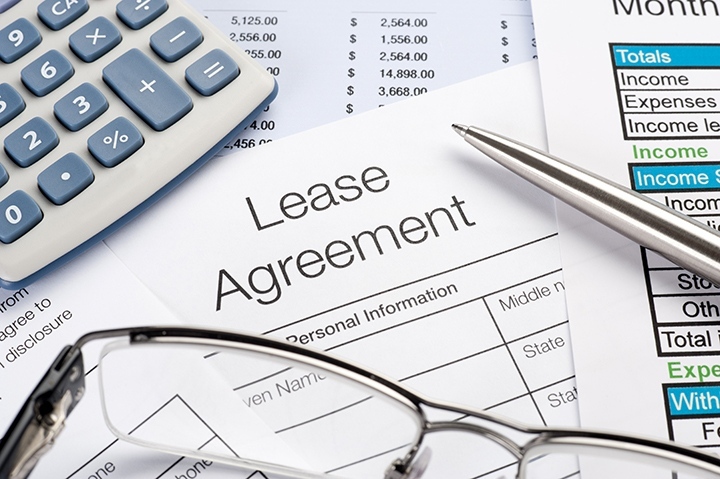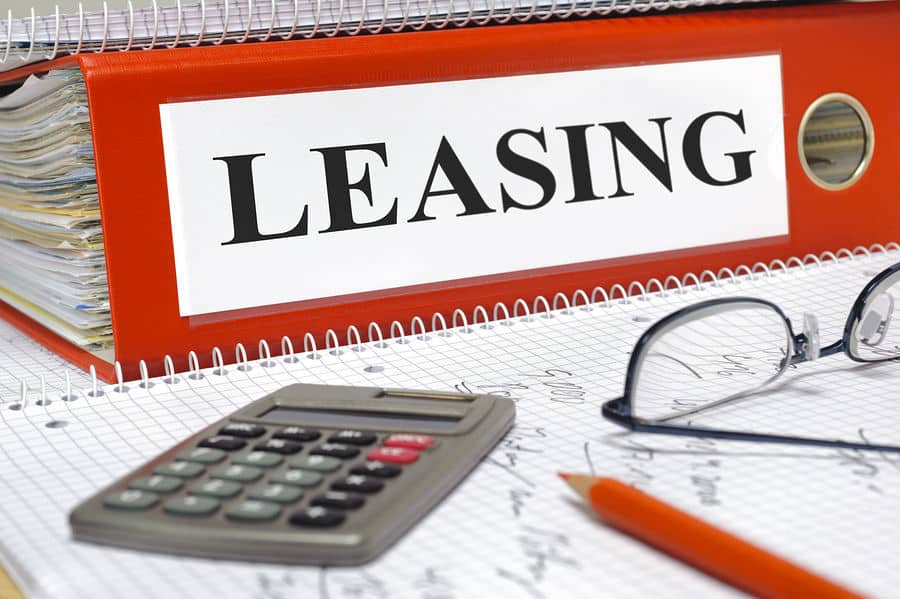The Devil – or God – is in the detail, depending on which side of the contract you are on!
 For the Port Authority of Guam, it was the prior. A typo in their lease agreement with Aqua World led to the company receiving 10 more acres of land than originally intended. According to the governor’s transition report, Aqua World should have received just 1 acre, but due to a typo in the agreement, was given 11. A court determined in 2001 that this was in error, and between 2008 and 2010 “discussions were held with Aqua World on the amendment of its lease agreement to reflect 1 acre instead of 11 (acres).” However, the death of the Aqua World owner and change of legal counsel for both parties delayed the execution of the amendment. The Port Authority is currently contemplating terminating the lease.
For the Port Authority of Guam, it was the prior. A typo in their lease agreement with Aqua World led to the company receiving 10 more acres of land than originally intended. According to the governor’s transition report, Aqua World should have received just 1 acre, but due to a typo in the agreement, was given 11. A court determined in 2001 that this was in error, and between 2008 and 2010 “discussions were held with Aqua World on the amendment of its lease agreement to reflect 1 acre instead of 11 (acres).” However, the death of the Aqua World owner and change of legal counsel for both parties delayed the execution of the amendment. The Port Authority is currently contemplating terminating the lease.
An easy business point review and fix for this type of snafu would have been to simply include both numbers and spelled-out words for specific lease details. Of course, that is not going to catch all potential mistakes because the potential for human error will always be a factor. However, there are some best practices you can follow to help ensure protection for both you and your landlord.
Hire An Experienced Broker
Not surprisingly, the most common reason people cite for NOT utilizing the services of a professional broker is to save money. However, professional brokerage firms handle the vast majority of CRE transactions. Why? Just one commercial leasing mistake could possibly ruin an entire business! Whether buying, selling, or leasing, savvy business owners and executives understand the lucrative cost savings that can be achieved through time management, successful negotiations, and proper deal structuring and market knowledge that only an experienced commercial real estate broker can provide.
Read and Understand the Lease Terms
Your decision to rent a commercial space for your business should not be based solely on the price. While finding an office or industrial space that suits your budget is crucial, it is important to consider several other factors such as:
- Location
- Labor pool
- Transportation
- Availability of amenities
- Versatility of the office space
- Infrastructure
- Proximity to competition
Never sign a commercial lease if you do not understand all the terms in the fine print. Read them carefully to prevent future conflicts with other tenants and the property owner. Some of the key aspects to focus on include:
- Type of the lease term
- Nature of the rent obligation
- Type of repair and maintenance obligations
- Assignments and subletting obligations
- If you find any clause that will affect you or your business and finances in anyway, negotiate the terms to get a better deal
Invest In a Good CRE Software Platform
Despite commercial real estate not having as many forays into technology compared to other industries, there are still a great deal of software tools to help with almost any primary CRE professional process: property analysis and valuation, loan origination and servicing, database management, budgeting and accounting, etc. The companies making these tools available are those pushing the envelope in the CRE industry, bringing a once outdated industry up to date.
If you are looking to negotiate your next lease agreement, please invest in a knowledgeable resource. We are happy to help you reach the most favorable terms. Contact me to get the process underway.

